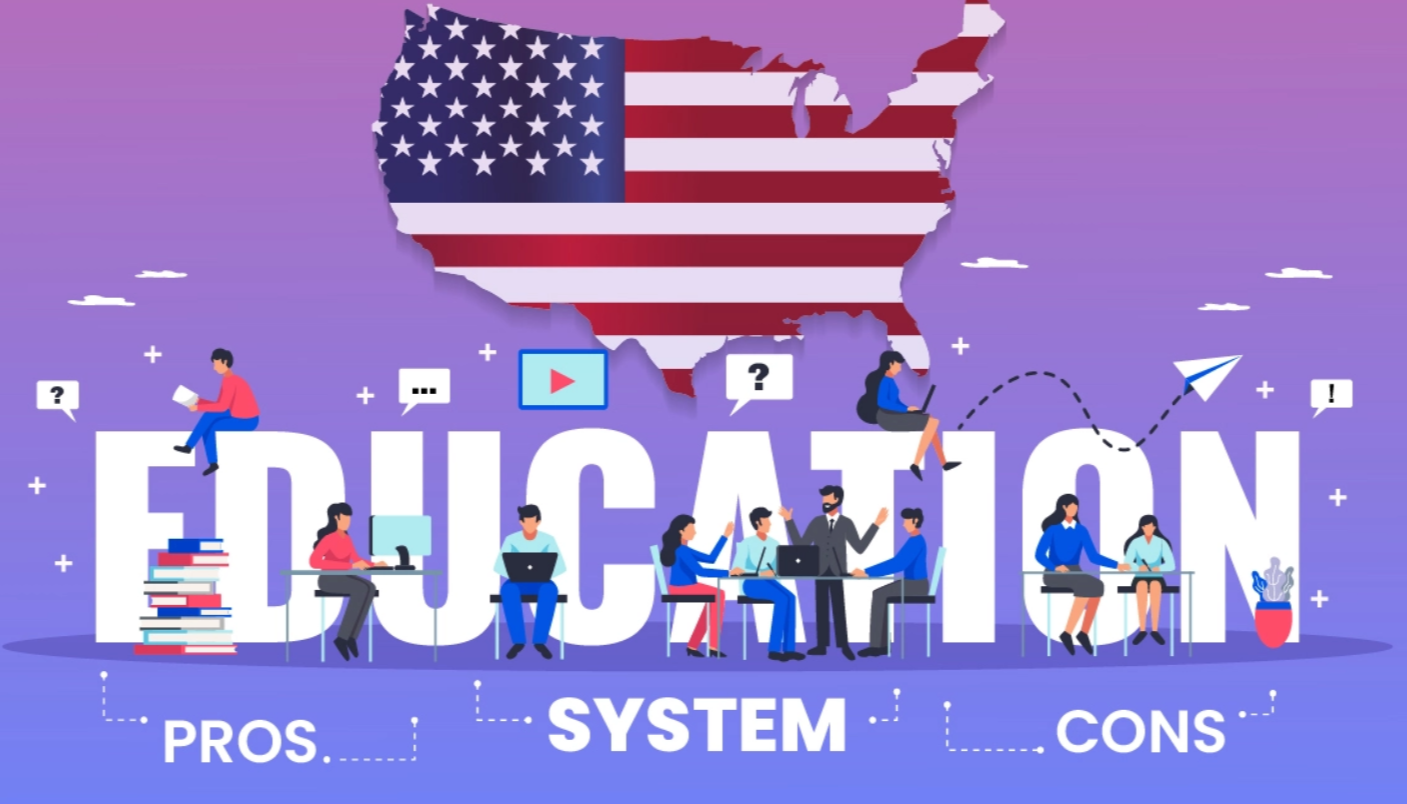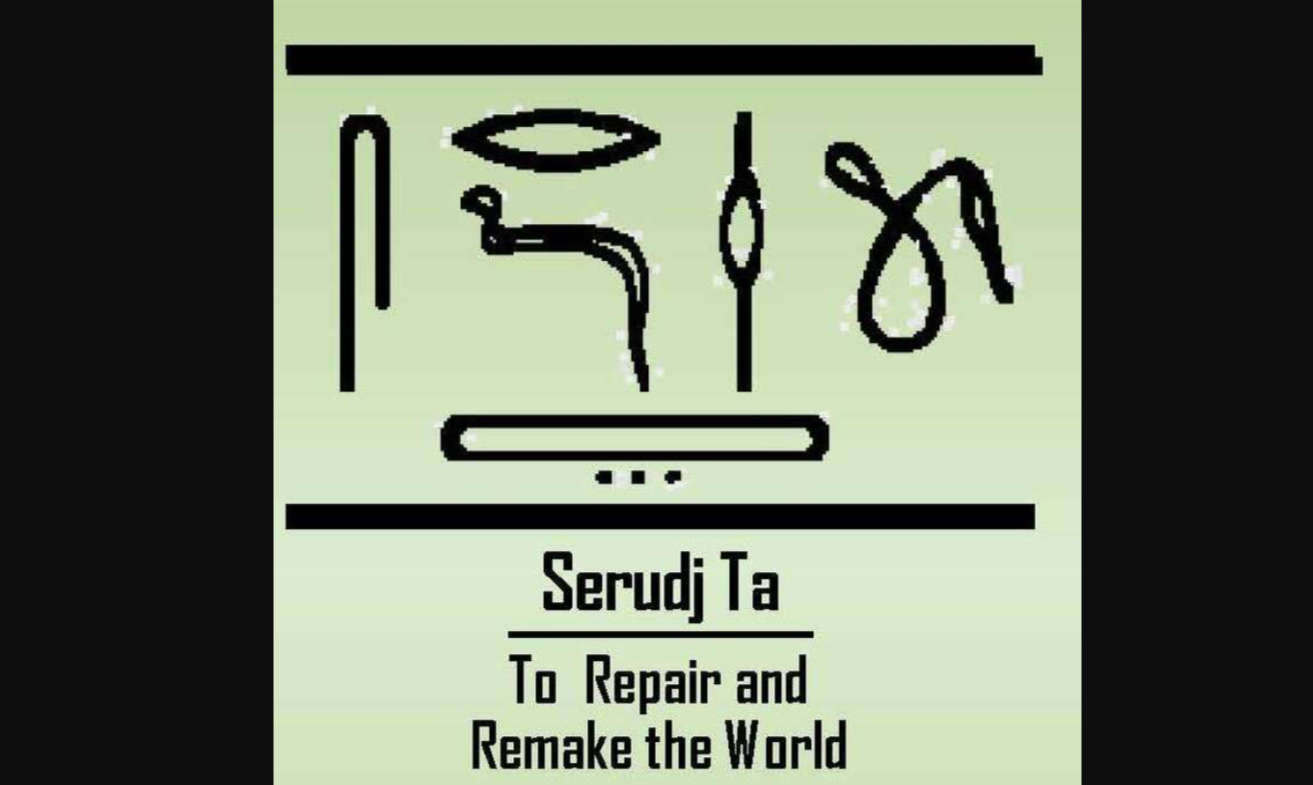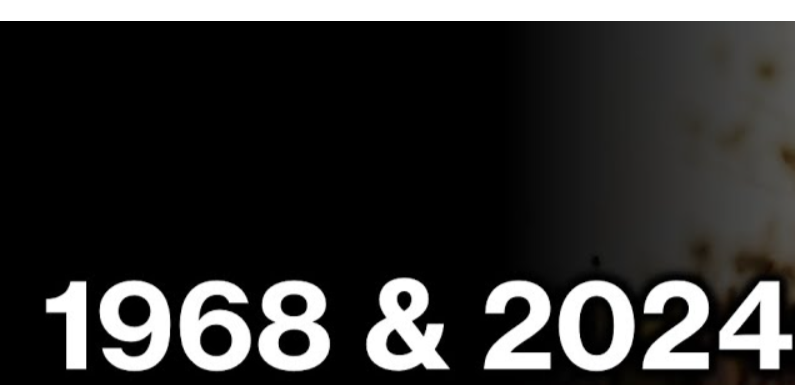(ThyBlackMan.com)
The ancient financial exchange known as bartering is only spoken of by historians, pseudo-historians and those looking for a return to a mythical Utopian society where monetary exchange doesn’t exist. A man’s word no longer matters.
Financial institutions rely on algorithms to decide one’s eligibility for credit, analyzing one’s history of making payments on time. Our society is governed by credit scores, ranking citizens as green or red.
There are numerous reasons for an unsatisfactory credit score: low income that forces you to live off credit just to survive, unemployment, being a victim of identity theft, and living beyond one’s means.
This message is for those keeping up with the Joneses, the most avoidable reason for low credit scores.
I would argue that one’s credit is as important as one’s earning capability, for good credit opens up a world of low financing rates on car loans and mortgages, credit card deals, and negotiating power.
African Americans, who unfortunately face the majority of the social ills in America, have a horrible relationship with the modern credit system that dictates interest rates and access to lines of credit, better known as loans.
According to NAACP report, ‘The Challenge of Credit Card Debt for the African American Middle Class“, 42 percent of African  American households reported having “good” or “excellent” credit, compared to 74 percent of white households.
American households reported having “good” or “excellent” credit, compared to 74 percent of white households.
Generations of financial illiteracy coupled with the inability to maintain a livable wage has left too many African Americans financially disenfranchised. People believe the road to financial freedom is increasing wages, but no one speaks of consumption practices. You have heard the line before about the purchasing power of the African American community.
Blah!
The reality is there is no purchasing power because there is no community. African Americans spend their money with everyone else except African Americans. This irresponsible use of ‘purchasing power’ derives from self-hate and lack of trust amongst African Americans. Self-hate coupled with compulsory shopping habits has our expenses exceeding our income.
No one speaks of the source of the detrimental consumption addiction of African Americans — systematic oppression that leads to depression, which is remedied with consumption. Consumption is not just clothes, cars, and accessories. It includes food and narcotics.
Consumerism burdens all aspects of the ‘community’, leaving our people in a vicious cycle of work and spend, deceiving themselves that name-brand purchases are a means of escaping their inferiority complex. When one’s self worth depends on the label on their clothes, a serious issue must be addressed before that person can even think about being financially responsible.
Insecurity and self-hate are dictating spending habits, not rationality. The marketing teams of Mercedes, Prada, Louis Vuitton, Gucci, and Range Rover have persuaded you that your status and worth increases when you purchase or borrow those products. This form of brainwashing has drained the accounts of many African Americans who have earned a tremendous amount of money only to look wealthy when really they are “broke with nice things”.
I must clarify, the use of consumerism as a tool for social acceptance and remedy for self-hate is not exclusive to African Americans. The wealth disparities in American society and the constant reminders of wealth disparities in the media breed insecurity in the psyche of its citizens.
African Americans trump all other citizens in regards to consumption practices.
According to Bureau of Labor and Statistics, compared to all consumers, African Americans spend 30 percent more of their total income — despite making $20,000 less than the average household. Even with economic disparities in salaries, African Americans are responsible for 87 percent of America’s annual retail spending.
I must acknowledge that African Americans do a tremendous job of teaching the future generation how to waste money, live beyond their means, stay broke, and make sure the next generation starts from scratch.
We must take responsibility for teaching each other, especially the youth, basic financial principles so they may be financially literate and avoid financial mistakes that will be detrimental to their future. Every home must practice and teach the basic concept of budgeting. This vicious cycle of financial illiteracy must be broken if the future generations are going to make any progress. Coupled with financial literacy, we must teach our youth self- love and self-worth cannot be ordered online or purchased in a store.
Ignorance towards finances has resulted in too many African American earning tremendous amounts of money only to return to the poorhouse, with expensive things worth a fraction of what they spent for them.
Staff Writer; Linton Hinds Jr.
Official website; http://Livity.info/
Also can connect with this brother via Facebook; Livity, Livity.
Feel free to subscribe to his Youtube channel; I NEVER KNEW TV.
















Leave a Reply